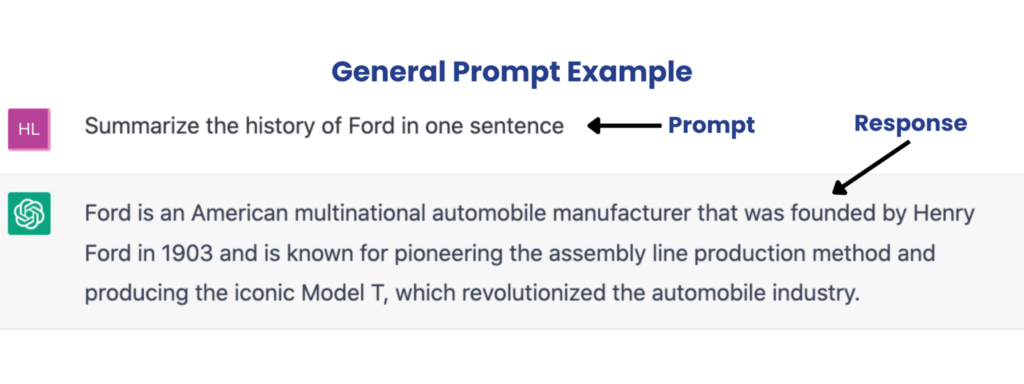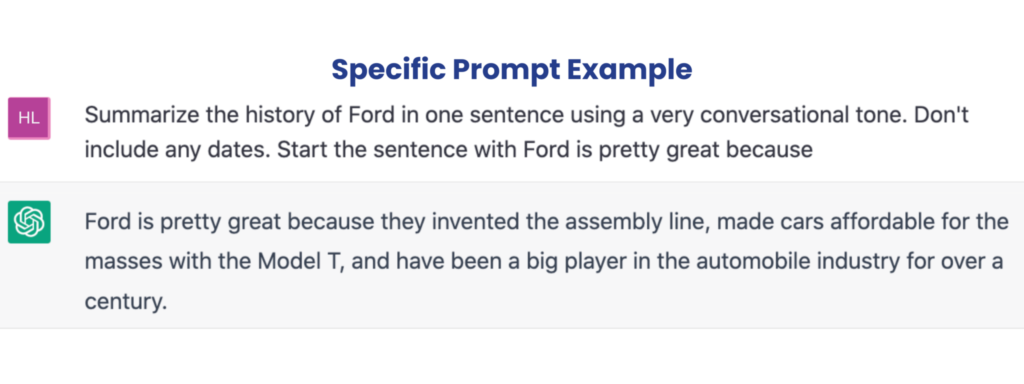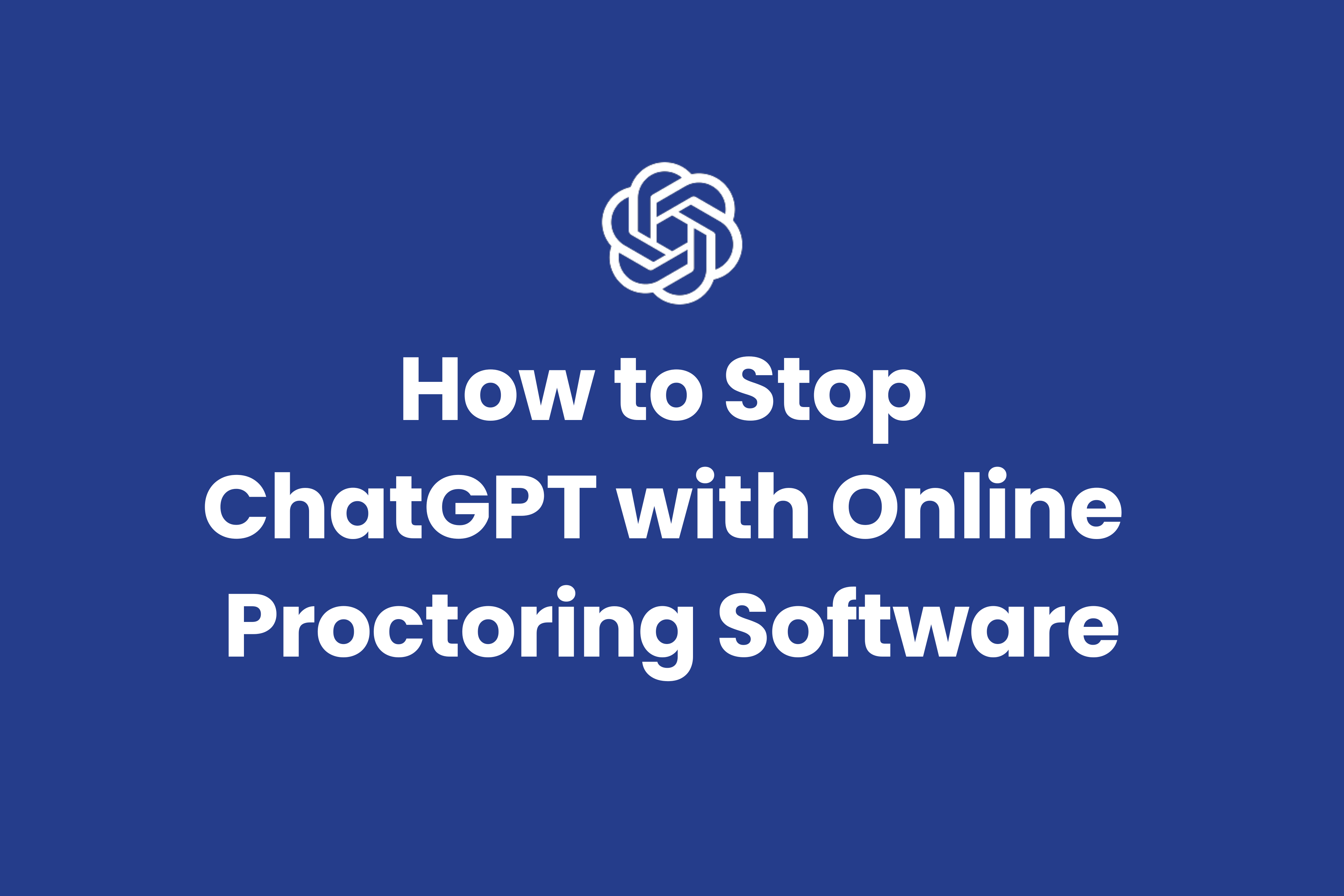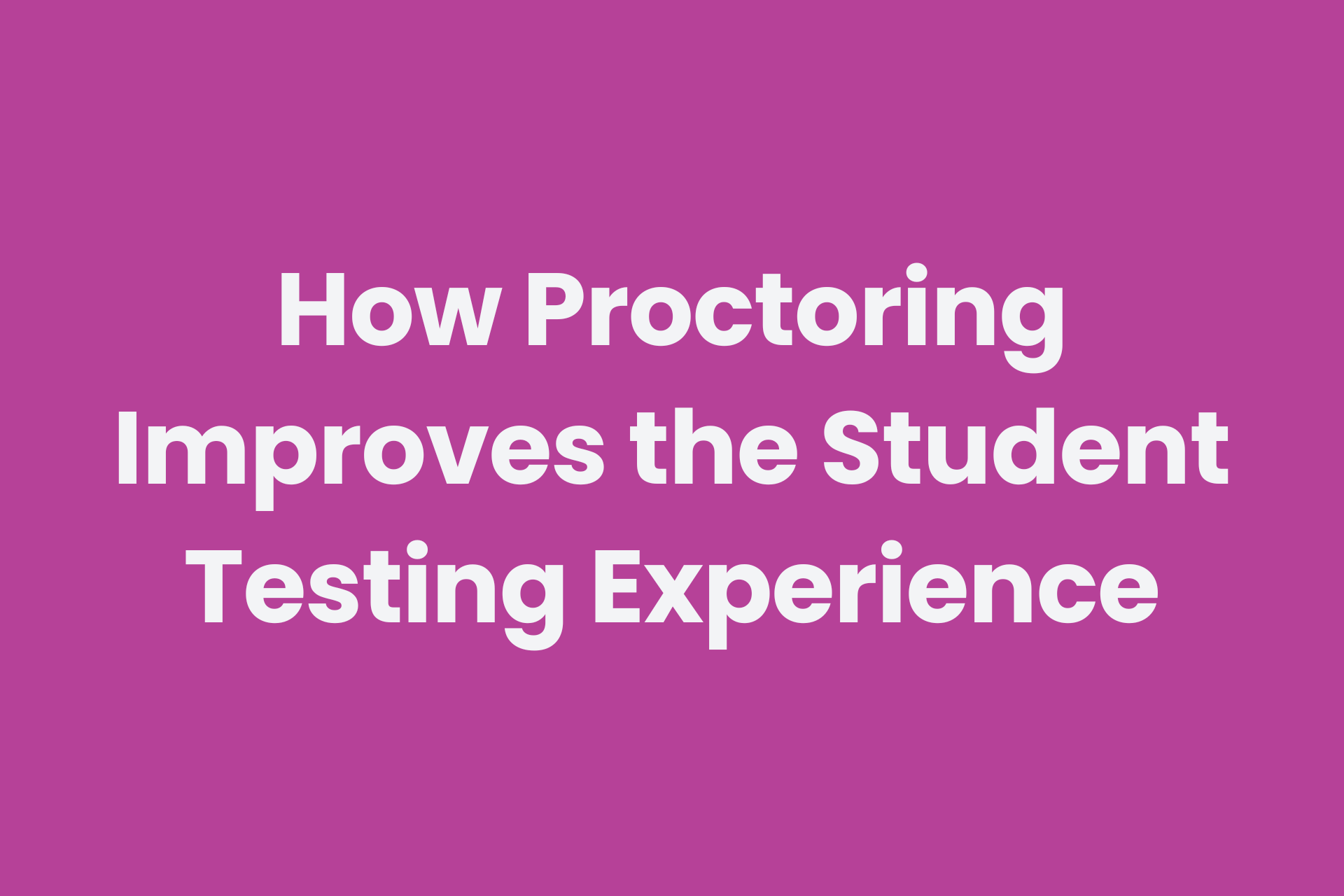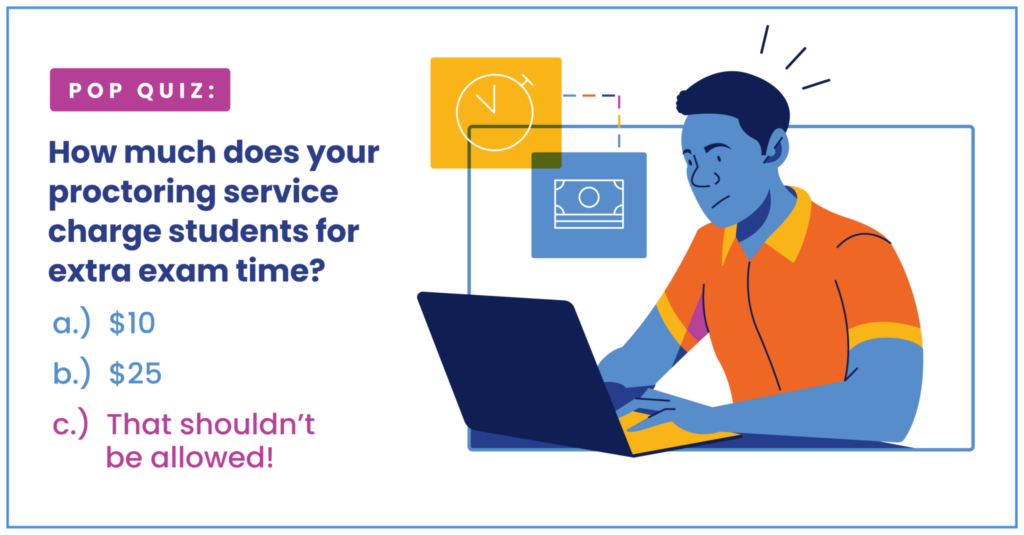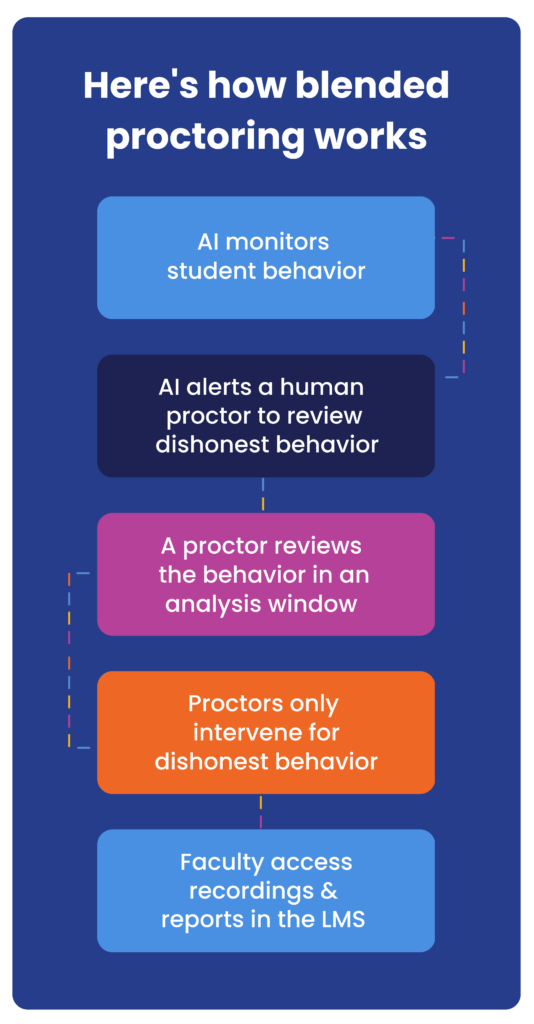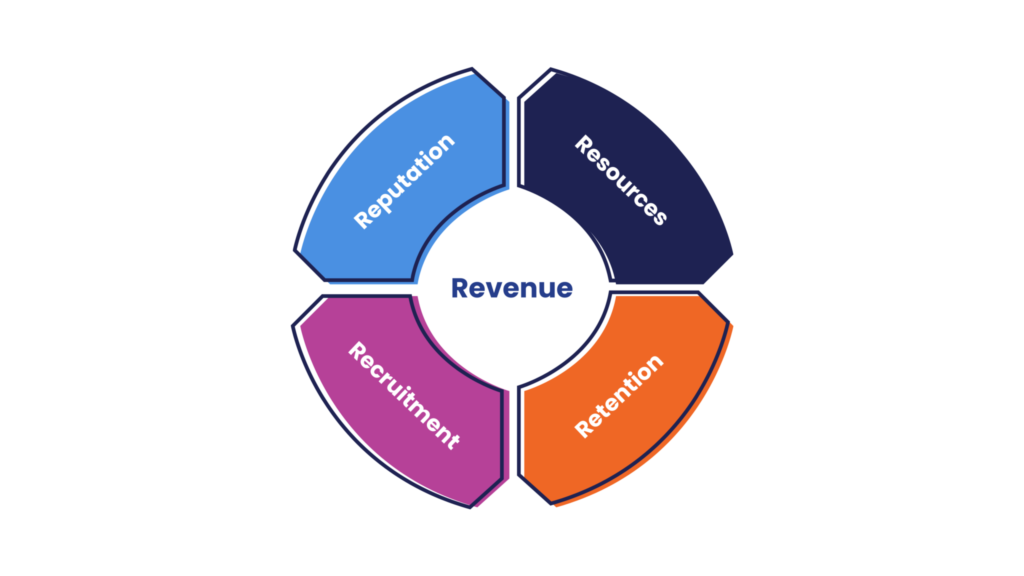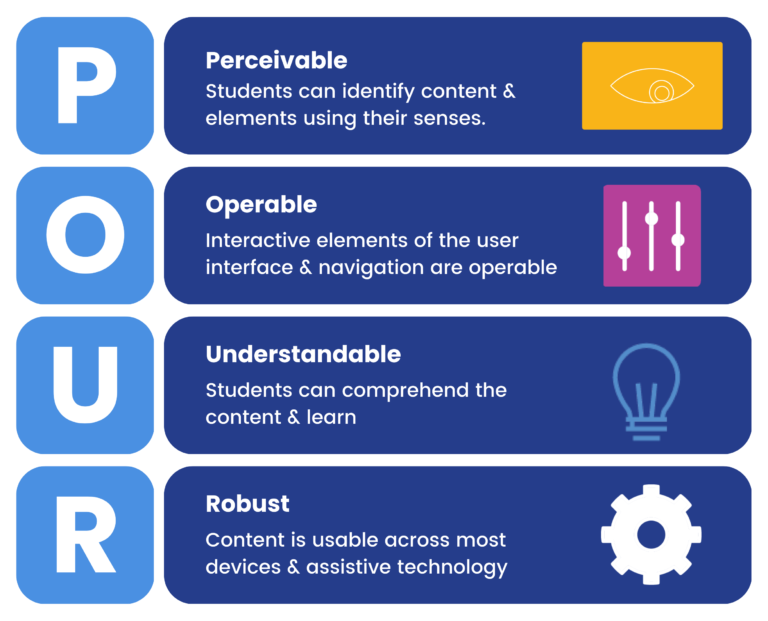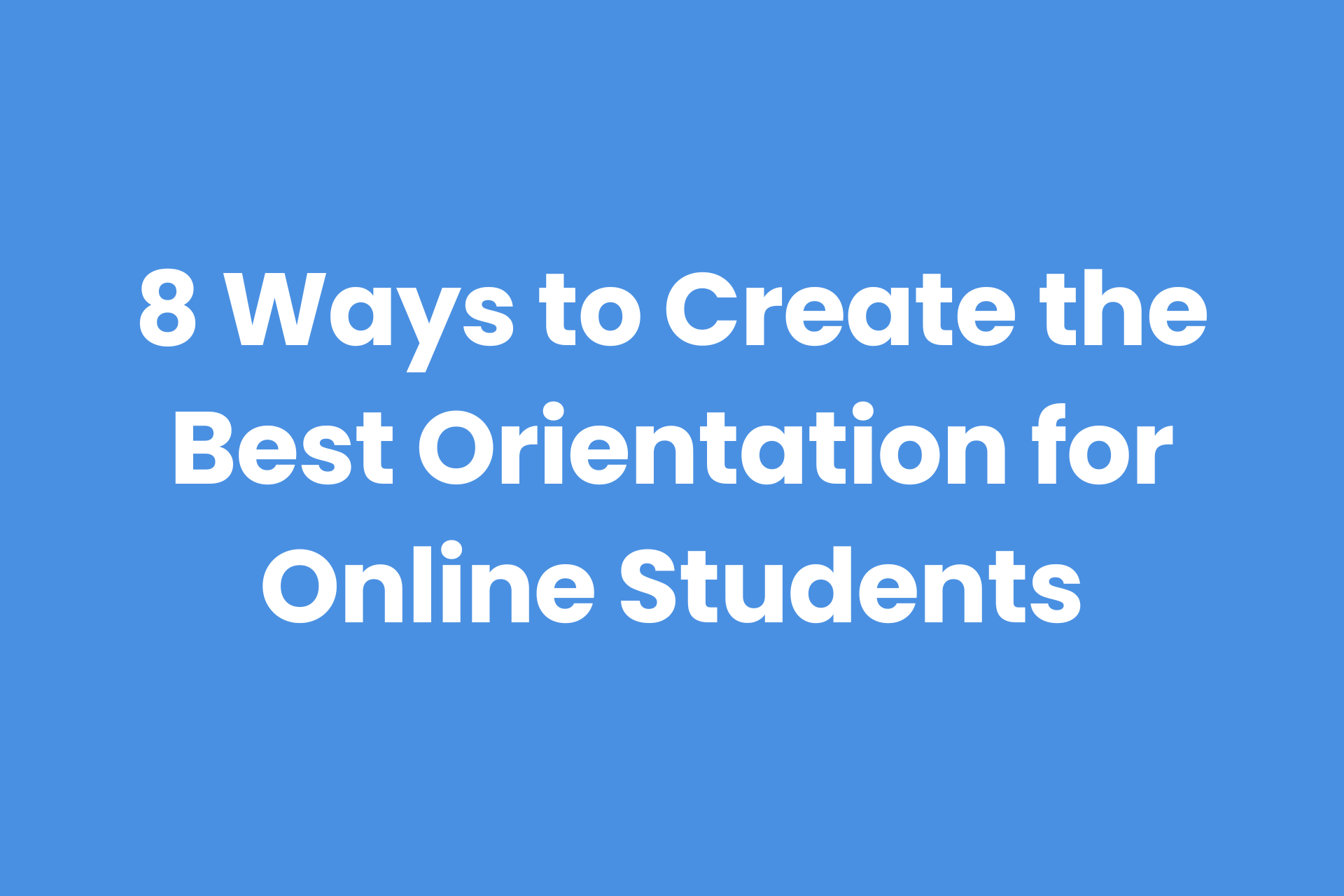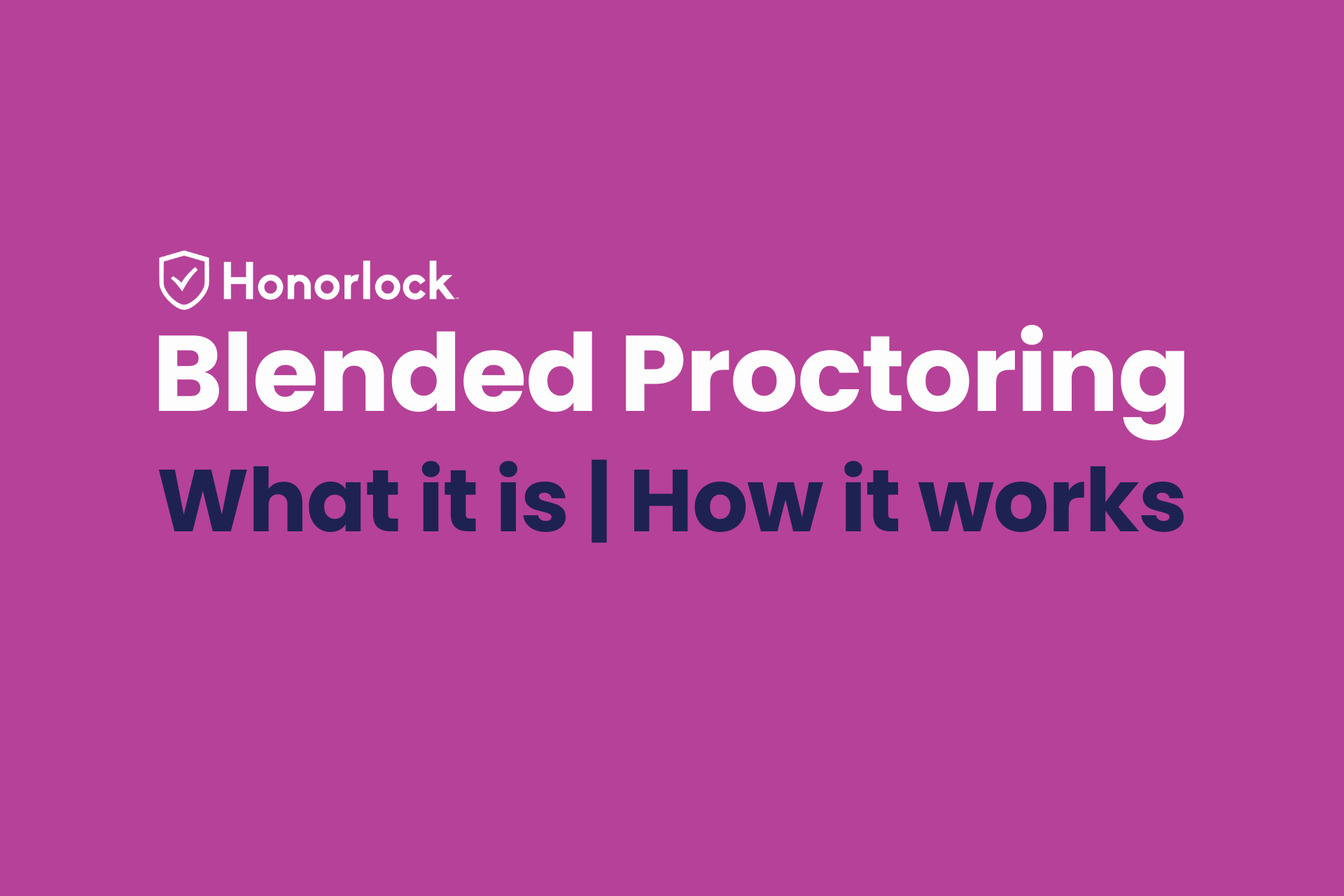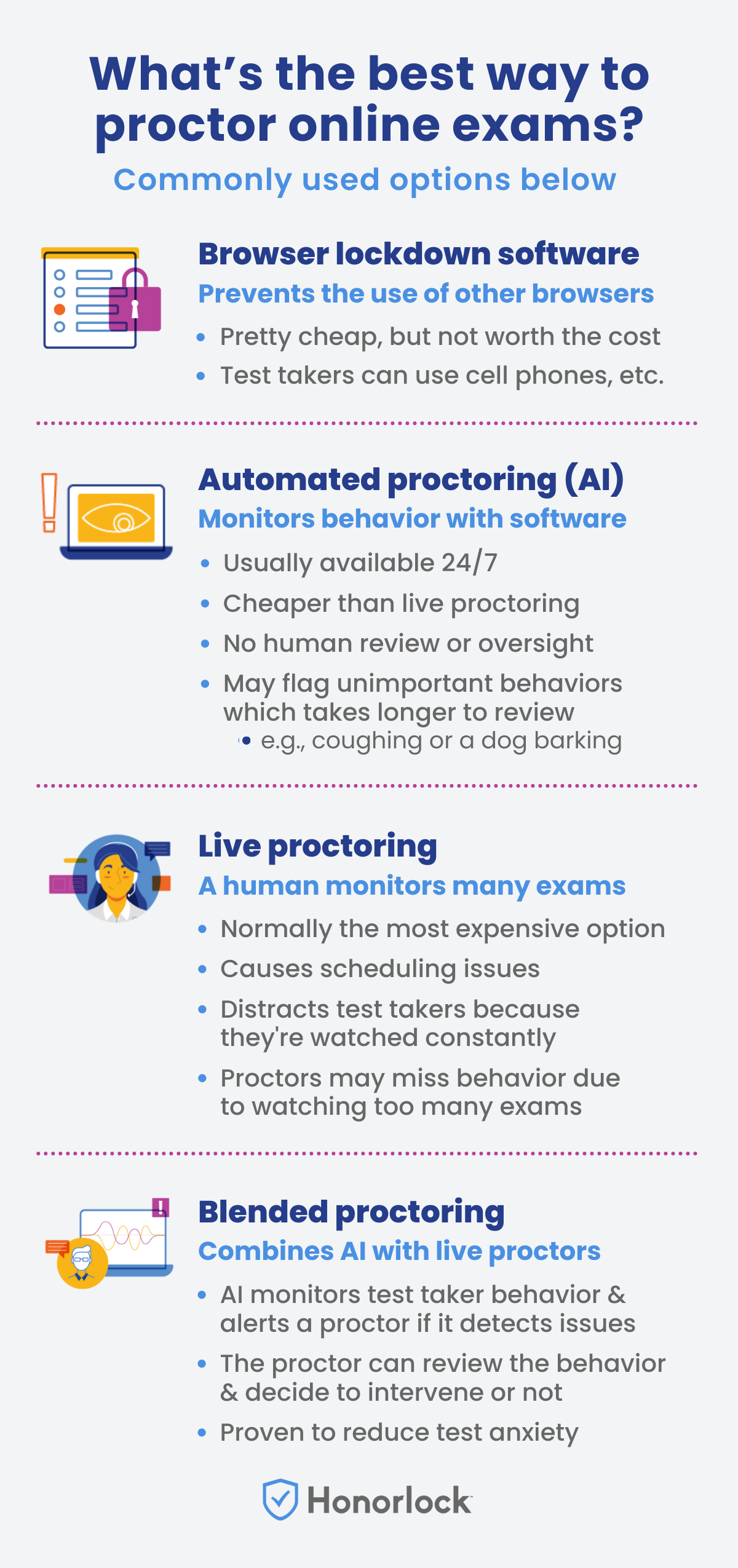AI tools can help improve teaching and learning, but instructors have concerns about how they’re used. Use our prewritten AI Policy Statement to set expectations for acceptable use of AI tools in your courses.
What goes into an AI policy statement?
Some AI policy statements resemble extensive legal documents, while others are just a few bullet points. Regardless of format, make it clear and easy to understand for learners in your course.
PART 1: Introduction & purpose
If learners only read this part, what are the must-know takeaways?
PART 2: What are AI tools?
To some, AI only means tools like ChatGPT. To others, it may mean using AI writing tools like Grammarly. So, be clear about the AI you’re referring to.
Group them by type (chatbots, writing assistants, browser extensions, apps, voice assistants, etc.) and name a few examples for each group, but emphasize that just because a tool isn’t named doesn’t mean it’s allowed to be used.
PART 3: Acceptable AI use
This will be short if you want to block AI entirely. But if you want to allow it at certain times, discuss when and how and use a few specific examples.
PART 4: The negative impact of using AI tools
PART 5: AI Policy enforcement
Example AI policy statement for your courses
Note: The primary example assumes an instructor is only allowing AI use in a few specific instances but blocking it otherwise. You’ll see expandable boxes in some sections that contain alternative language for an instructor that wants to block AI in all cases.
Introduction & purpose
I recognize the importance and benefits of using Artificial Intelligence (AI) tools, which is why my position is to embrace and integrate them into certain course activities, like interactive projects, with full transparency about their use. However, using any AI tools during an exam or quiz is never permitted. The information and guidelines in this policy ensure that AI is effectively and ethically used in this course.
The remainder of this document provides important information to understand as a participant in this course.
I recognize the power and potential of Artificial Intelligence (AI) tools in shaping the educational landscape and even our lives in general. However, I want to make it clear that we will not be integrating or permitting the use of any AI tools in this course. The remainder of this document provides important information to understand as a participant in this course.
What are AI tools?
AI tools mean something different to each person, especially related to education, so I’ve grouped them into categories and named a few tools for each. Please note that countless AI tools exist, and the omission of a specific tool doesn’t mean its use is permitted. If you have questions about a certain tool, do not use it until we’ve discussed it and I indicate that its use is allowed.
AI tools mean something different to each person, especially related to education, so I’ve grouped them into categories and named a few tools for each. Please note that countless AI tools exist, and the omission of a specific tool doesn’t mean its use is permitted.
Type | What they do | Example tools |
|---|---|---|
Chatbots | Generates written responses, answers questions, & checks work | ChatGPT (and GPT-4), Google Bard, Bing AI, Jasper AI
|
AI writing assistants | Edits, rephrases, & rewrites text to improve writing | Grammarly, QuillBot, Hemingway Editor
|
Applications | Answers questions & completes numerous “homework help” tasks | Course Hero, Photomath, Wolfram Alpha, Socratic
|
Voice assistants | Takes voice commands to provide answers to questions & operate portions of devices. | Siri, Alexa, Google Assistant, Cortana
|
Acceptable use of AI tools
We’ll use AI in this course to enrich your learning experience with interactive activities and as a way for you to gain practical experience with important technologies.
Do not use any AI tools during any exams or quizzes.
Do not use AI tools during any assignments or activities without specific permission and instructions.
Credit and cite any time you use AI.
Except during exams and quizzes, you may use writing assistants to check your written work for grammar and punctuation.
Writing assistants and other AI should not be used to write, paraphrase, or change the style and composition of your writing.
Using AI as a supplement is permitted. Examples include using browser extensions or apps to check your answers to practice questions.
Never enter any personally identifiable information or other relevant information into AI tools
Use of AI tools is not permitted in any aspect of this course, including exams, quizzes, projects, or any activities.
The negatives of using AI tools
Integrating AI into course activities helps create interactive and engaging learning experiences. However, it’s crucial that you adhere to the guidelines about the use of AI tools because it impacts the entire learning experience and your data privacy.
Inappropriate or unauthorized use of AI tools to gain an unfair advantage and any other forms of academic dishonesty not only devalue your education but also jeopardize the integrity and reputation of the entire course and program you and others have invested in. That said, I ask that each of you fully, honestly, and ethically commit to using AI only as instructed.
Data privacy
I trust that you’re careful with personally identifiable information, but it can be mistakenly shared, such as when you’re checking your written work in ChatGPT. Let’s assume the assignment allows you to use ChatGPT, and you copy all of the text from the document and paste it into ChatGPT, including your information at the top of the page:
First & last name
ID number
Date & time
Course name
Instructor name
While not likely, others could receive any or all of that information, which could be enough information to determine who you are, your institution or organization, and your location. So, please do not use any personally identifiable information or other relevant information about yourself or others in any AI tools.
While some courses integrate AI tools, my decision to prohibit them doesn’t mean I won’t leverage technologies for different aspects of this course. These technologies will be used to create an enriched and interactive educational experience that drives creativity and collaboration.
But to give you more context on my decision, I believe that AI tools currently pose challenges related to academic dishonesty and data privacy. Many AI tools quickly answer test questions and even generate in-depth written responses that can be rephrased to go undetected by plagiarism detection tools.
Equally important, it puts your data privacy at risk. For example, did you know that everything you type into ChatGPT is saved and could be given as a response to other users? Imagine if you accidentally provided personally identifiable information and other relevant information if you used it to check your work and you copied and pasted all the text in your document, which included your first and last name, institution or organization, course name, date and time, and instructor. Just that information alone is enough for someone to know who you are and where you may be at a specific time.
AI Policy enforcement
I take academic integrity very seriously, and I will address any violations of this policy and follow [institution’s name] disciplinary policies and procedures. If you have any questions about the information, policies, and guidelines in this statement, I urge you to contact me to discuss them.
This policy goes into effect on the first day of this course, [insert day, month, and year].
I trust that each of you will make ethical decisions about the use of AI tools in this course and I’m looking forward to a rewarding experience for everyone, including myself.













